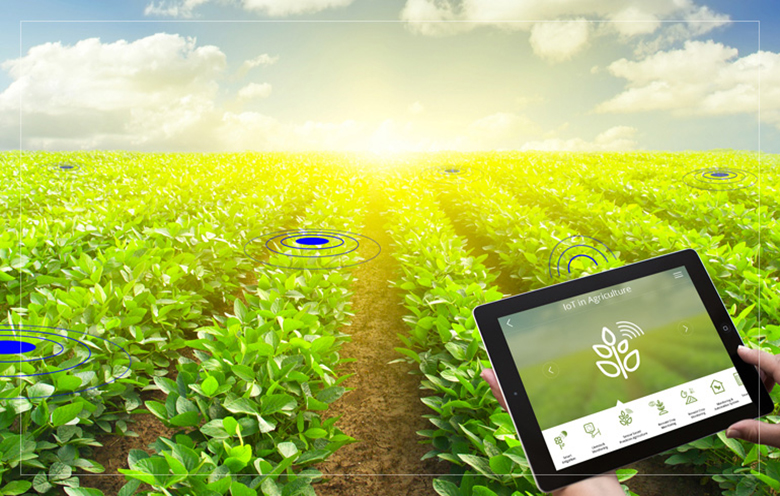Background:
When the word ‘agriculture’ comes up the image of hard working, intense effort and time consumption comes up, but yes it does as in the last 50 years growth of food has increased more than now and the same will happen in the next 50 years. Farmers are suffering with waste of food because of many issues like less sunlights or the nutrients needed for the crops are not efficient, due to weather conditions and not rain for the crops.
This blog is going to highlight the potential of the IoT and geo fencing sensors using GPS in agriculture. The sensors are placed across the farm to calculate the overall condition of soil for better farming.This sensors will analyse the farm, collect data and store it in the database. The sensors will calculate the soil fertility, colour of crops and leaf this will determine how much fertiliser can be made from the waste of the farm. It helps in monitoring the health of soil so that they can eliminate the depletion of nutrients and maintain the health of soil. This will be stress free farming as it will notify the farmer about the level of fertility needed for the crops.
Fig: Farming using IOT.
Aim:
- To navigate the waste around the field and display the places of waste which can be collected to convert into fertiliser.
- To check the level of nutrients in the soil for the better yields.
- To monitor the health of soil, colour of crop and leaves, level of chemicals involved in soil.

